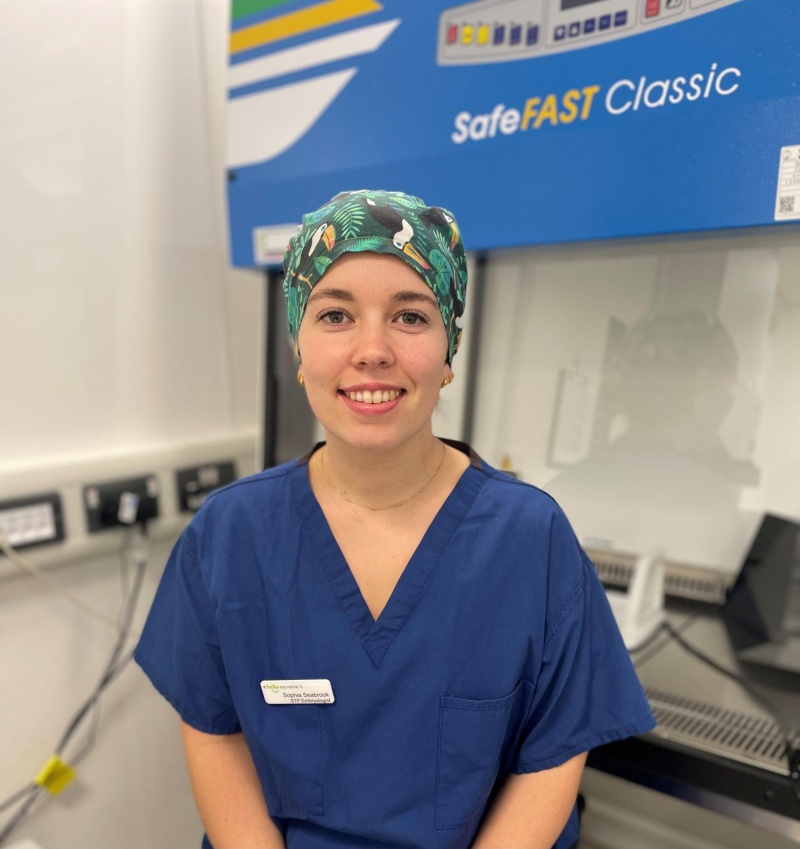Is PICSI a new hope
Is PICSI a new hope for women experiencing recurrent miscarriage?
By Sophia Seabrook, STP Embryologist at Bristol Centre for Reproductive Medicine (BCRM)
New evidence has come to light indicating that treatment using PICSI (Physiological Intracytoplasmic Sperm Injection) may reduce the chance of miscarriage for a select group of patients, namely those with a history of miscarriage or advanced maternal age.
PICSI is a relatively new technique for selecting sperm, designed to improve sperm selection for conventional ICSI (performed as part of IVF when a single sperm is injected directly into an egg).
The key success indicator in ICSI is the selection of a good quality sperm. The technique can offer good results and bypass many of the natural barriers for conception, especially where there are issues with the quality of the sperm. However, ICSI alone is not able to identify sperm with good DNA quality.
Good sperm DNA quality is essential for generating a viable pregnancy, with evidence suggesting poor DNA quality can affect success rates.
This is where PICSI comes in, PICSI selects sperm that are reportedly more mature, with better DNA quality.
A large, randomised control trial, HABSelect 2019 (Miller et al) investigated 2,752 couples, half of whom received PICSI, the other half receiving conventional ICSI. They found that couples who received PICSI were significantly less likely to suffer a miscarriage.
A more recent review conducted in 2022 by West et al looked at the outcomes in more detail and confirmed this finding. While this effect was not great enough to impact the success rates of the entire patient group, when one of the authors looked at a subset of patients, those over 35 years old. They found that PICSI strikingly mitigated the decrease in predicted live birth rate seen with normal ICSI for patients in this age group.
For further information see:
